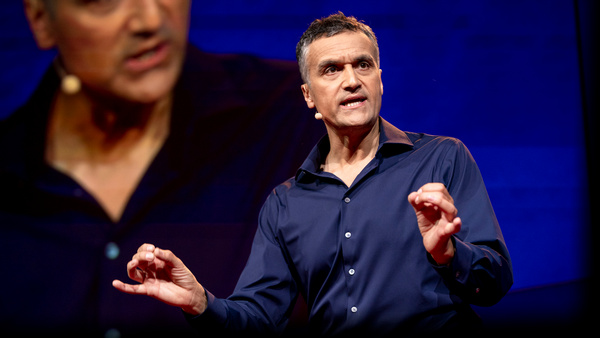Cash or cachet?

In the 1860s, William James, one of the founding fathers of psychology, declared that ‘the most deep-seated need in human nature is to be appreciated’. Of course, ideas about ‘human nature’ are many and varied and socialists would argue that there is actually no fixed human nature but simply ‘human behaviour’, which is highly flexible and varies enormously from place to place, person to person and time to time according to the circumstances in which human beings find themselves and the pressures and influences upon them. But whether we call it ‘human nature’ or anything else, there can be little doubt that human beings are, as William James observed, prone to caring deeply about their standing in the eyes of others, about what a recent series of BBC radio programmes called Status.
Ultra-social
The author and journalist, Carl Honoré, who presented the ‘Status’ programmes, traced this tendency to the fact that humans are a highly cooperative species (‘ultra-social’, it is often called) who, had they not been ‘wired’ to cooperate, could not have survived the various different stages of social development they have been through. He pointed in particular to the most long-lived of these stages, the hunter-gatherer one, where survival was based on close collaboration among members of the group in which they lived and where those who excelled at bringing back food to be shared by the tribe were those who would earn the most prestige or ‘status’. This, he went on, was the ultimate reward and, as a driving force, has been fundamental to all the various different forms of human society that followed. So, despite the fact that those societies – and in particular the current one, capitalism – have laid ever-increasing emphasis on competition, this has not prevented cooperation continuing alongside it and at the same time, without which in fact we could not carry on living and working together. And a crucial reason for that, according to Carl Honoré, is that we are built to care intensely about what other people think of us – even if we may not openly admit it. In fact, it is one of the key experiences creating in us feelings of what we know as ‘happiness’.
Of course, modern capitalist society, with its winner-take-all mindset, often frustrates this natural tendency to contribute to the wellbeing of others and the community and the welcome esteem and appreciation it generates for us. This was something emphasised by the programme’s presenter, when he referred to ‘the economic insecurity baked into global capitalism’ as a significant factor preventing us from fulfilling our role as social animals and preventing us from creating ‘relationships and communities that make everyone feel valued’. In capitalism we focus on making a living for ourselves, because we need to, often to the detriment of working together with others, of ‘helping the tribe’ and achieving the satisfaction that creates. Not of course that we never experience such satisfaction. Our natural ‘ultra-social’ urge to help and to be of use to our fellow humans manifests itself in all manner of small ways in our lives more or less every day, helping to offset the ‘zero-sum’ experience that capitalism tends to make of life.
Seeking happiness
In the last of his five programmes, Carl Honoré, called for ‘a political earthquake to fix an economic system that denies basic dignity to so many’ and the need ‘to build a world where everyone thrives’. These ideas sound very much like what the Socialist Party has advocated and campaigned for throughout the 120 years of its existence. He further stated that ‘the first step to settle a problem is to lay it out on the table’ and that too is precisely what we have never stopped trying to do during that period. But it is of course up to workers as a whole, including Carl Honoré, to break free from the current system, to grasp the nettle of that problem and to take the necessary democratic political action to solve it. What is certain – and emerges clearly from what the presenter lays out – is that the natural human tendency to cooperate will be a perfect instrument for the establishment and operation of a moneyless, wageless society of voluntary work and free access based on the principle of from each according to ability to each according to need. In such a society our ‘craving for status’, our desire for the approbation of others, will have full scope for satisfaction, contributing both to the wellbeing of our fellow human beings and to our own personal happiness.
HKM
